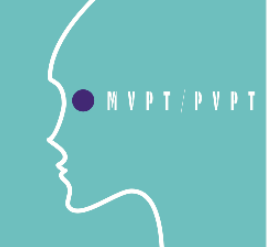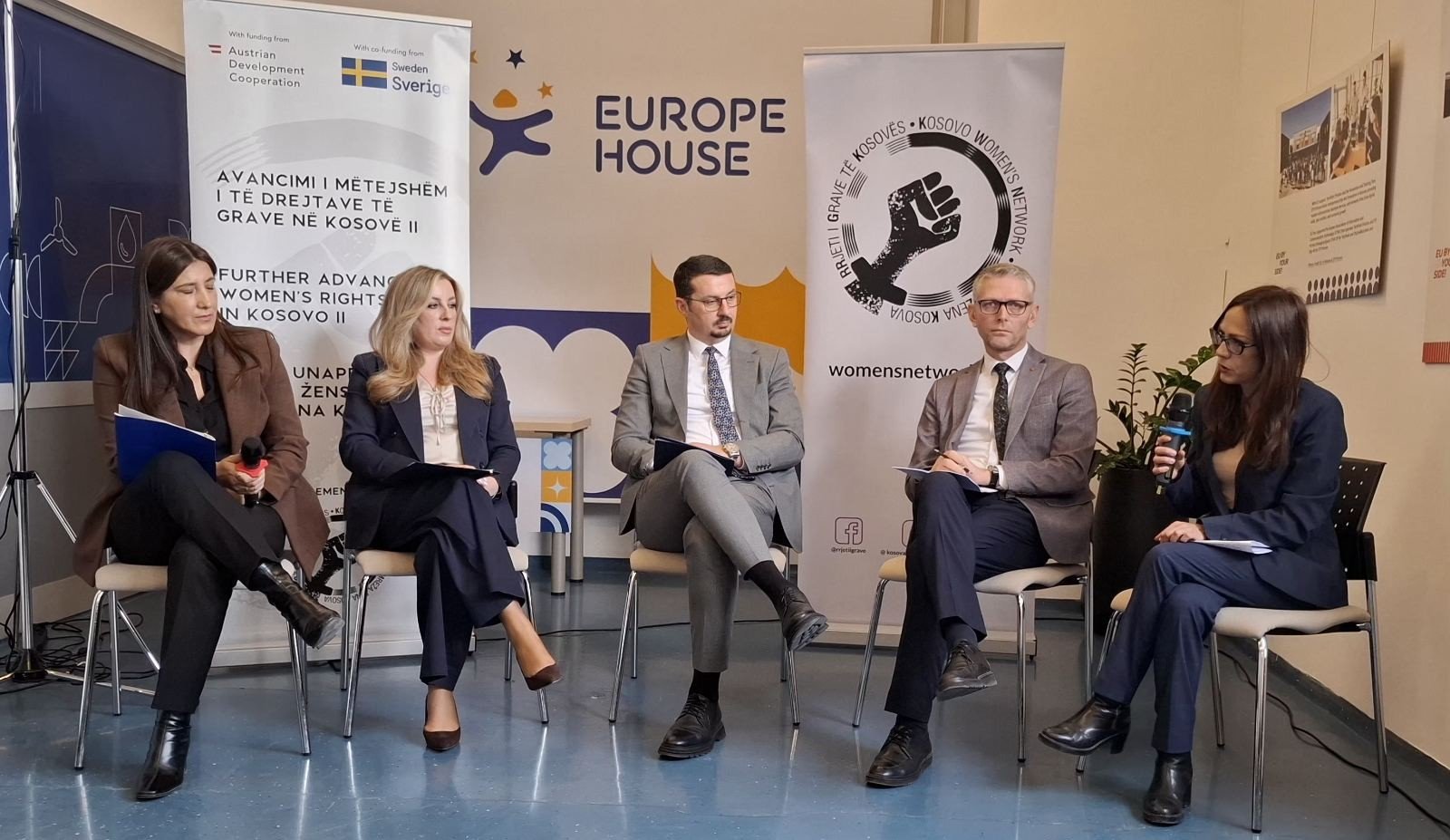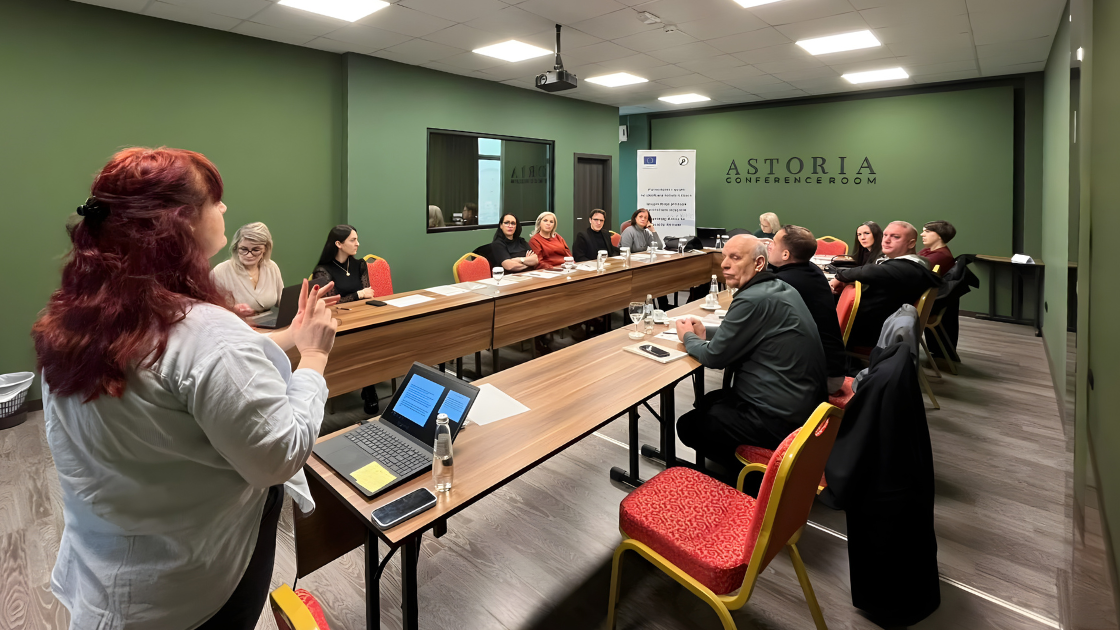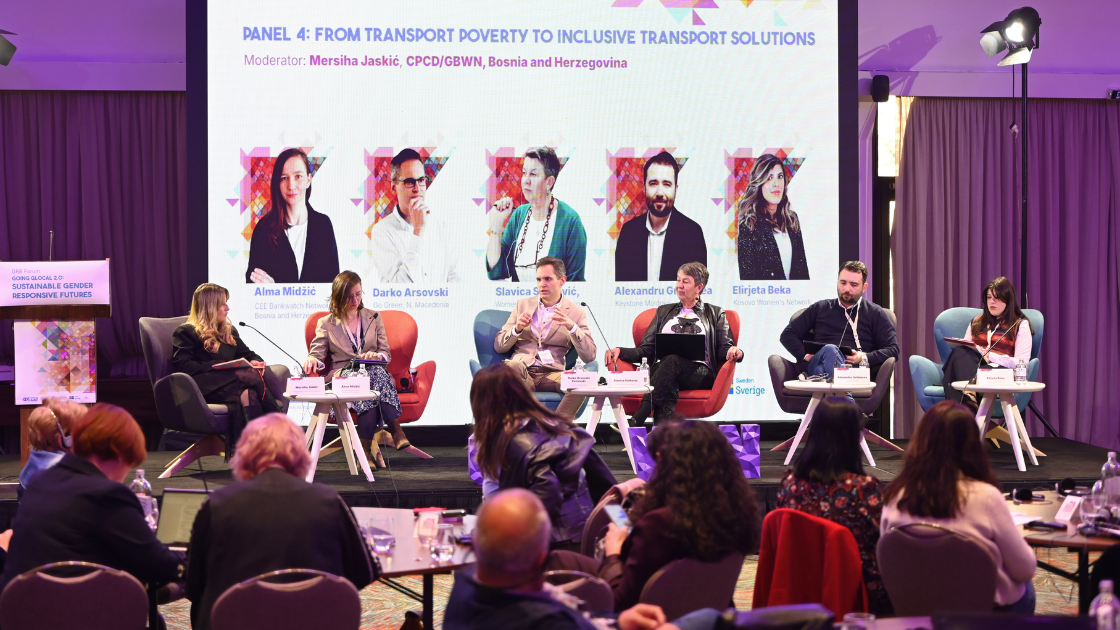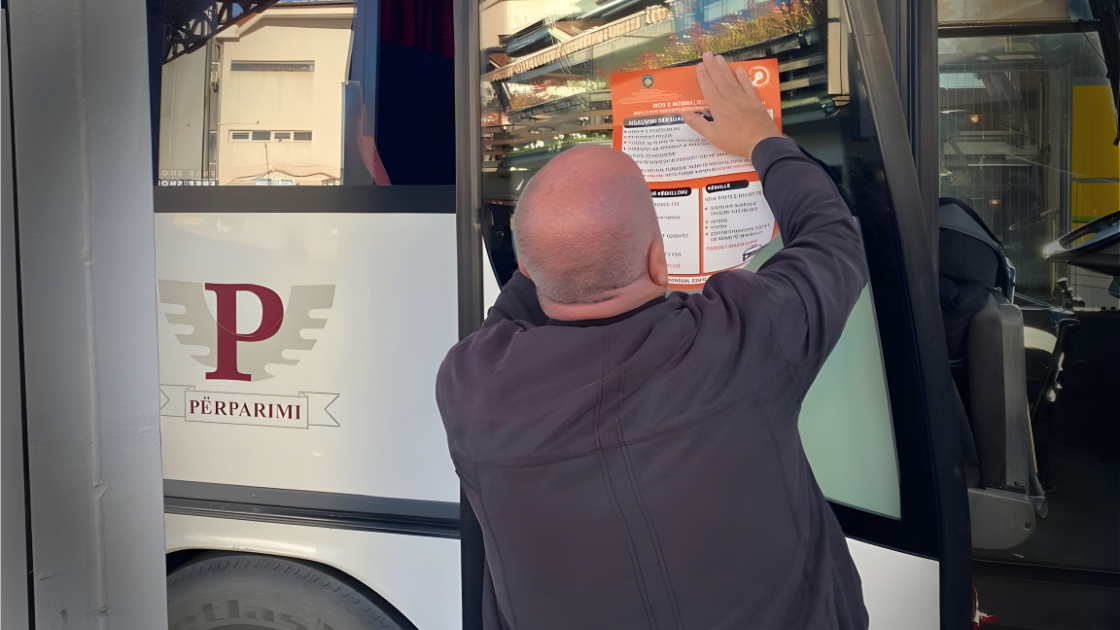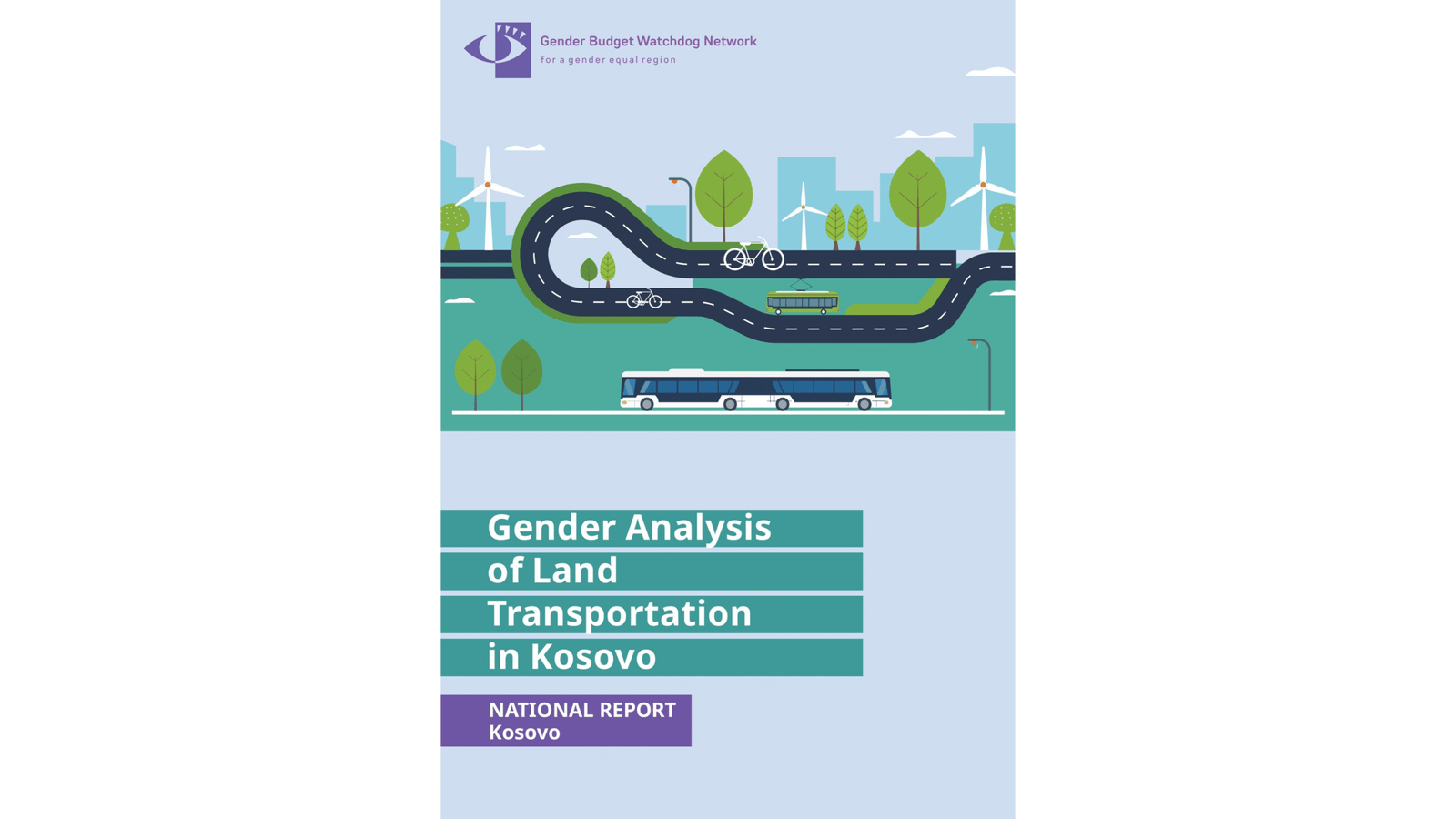Qendra për Mbrojtjen e Viktimave dhe Parandalimin e Trafikimit me Qenie Njerëzore (MVPT) ka mbi 10 vite që punon në misionin e saj për ofruar shërbime multi sektoriale, përfshirë edukim, hulumtim, avokim duke pasur si target grup viktimat e trafikimit, viktimat potenciale, fëmijët në rrezik për tu trafikuar dhe komunitetit në përgjithësi.
Në kuadër të këtij misioni, Qendra MVPT ka qenë ka qenë përfituese e projektit “Mbrojtja, avokimi dhe promovimi i të drejtave të viktimave të trafikimit të qenieve njerëzore” i cili është përkrahur nga Rrjeti i Grave të Kosovës (RRGK) dhe është financuar nga Bashkimi Evropian.
Kohëzgjatja e projektit ka qenë nga datat 1 prill të vitit 2022 deri më 31 mars të këtij viti.
Përgjatë kësaj periudhe 12 mujore, 25 persona janë angazhuar në rritjen e ndërgjegjësimit për të drejtat e njeriut, trafikimin e qenieve njerëzore dhe të drejtat me bazë gjinore.
Po ashtu, ata kanë marrë vlerësime mjekësore që çojnë në përmirësim të përgjithshëm të shëndetit.
Këta 25 përfitues kanë fituar njohuri të zgjeruara në lidhje me shëndetin e tyre të përgjithshëm.
Ky projekt ka sjellë një tjetër hap pozitiv duke bërë që fushata digjitale të tejkalojë shtrirjen e saj të parashikuar, me 77 mijë e 210 qytetarë të sensibilizuar dhe të edukuar për tema si trafikimi kibernetik, ngacmimi seksual dhe barazia gjinore.
Në përgjigje të nevojave organizative, Qendra MVPT ka hartuar një Strategji të re 5-vjeçare që përfshin si Ndihmën Direkte ashtu edhe Parandalimin, me fokus të veçantë te viktimat, përfshirë ato të prekura nga pasojat e pandemisë Covid-19.
Kjo qendër gjithashtu ka rinovuar faqen e saj të internetit për të shfaqur misionin, punën, shërbimet dhe donatorët e saj.
Ky projekt përkrahet nga Fondi i Grave të Kosovës i RrGK-së me mbështetjen e Zyrës së Bashkimit Evropian në Kosovë përmes nismës së RrGK-së “Ngritja e kapaciteteve dhe qëndrueshmërisë së OShC-ve: Avancimi i barazisë gjinore në mes të pandemisë COVID-19”.

